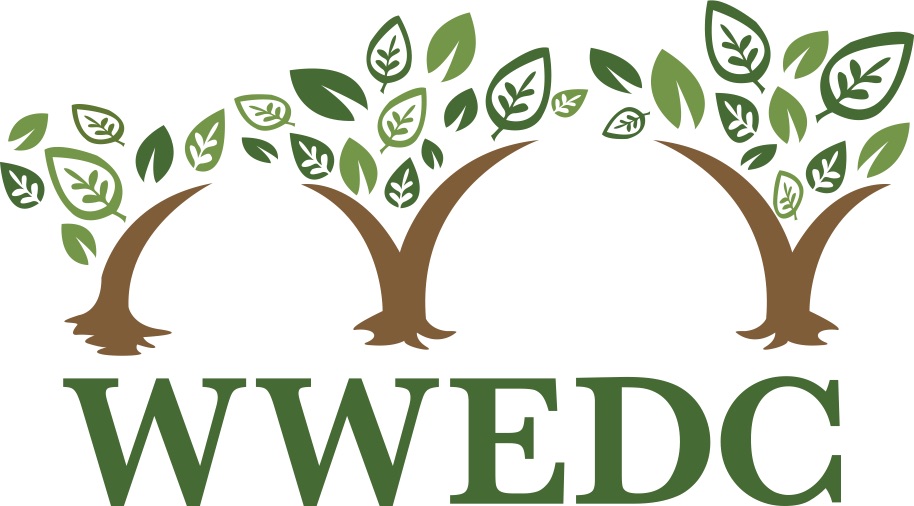As a professional with a career as a school psychologist and a parent whose daughter developed an eating disorder (anorexia) in her late teens, I have remained active in retirement, including supporting families struggling with the devastating effects of eating disorders. One such activity for me over the last ten years has been the facilitation of a twice-monthly Family and Friends Support Group through the Canadian Mental Health Association (CMHA).
On September 30, I was fortunate to be invited to attend a day-long conference at Homewood Health hospital organized to celebrate the 25th anniversary of their establishment of the Eating Disorders treatment program. The focus of this excellent conference in September was managing ED Therapy-Interfering Behavours within a DBT Framework. I agree with Samantha Durfy (a therapist and the main organizer of this conference) that the presenter, Dr. Anita Federicic, PhD, is such a helpful resource person that you would want to have her in your ‘back pocket’ when facing the complexities of treating ED.
My framework when listening to the presenter was frequently that of the ‘family’ which I think often parallels what therapists need to attend to. Of the many parallels I saw, the following are highlights:
A) ‘interfering’ behaviours exist both in the client/loved one as well as the therapist/family and need to be addressed openly. This means that parents must talk with their loved one and not ignore behaviours such as non-responding, lying, not following thru on agreements. Parents must discuss how some of their own behaviours such as over-emotional reacting and lack of skills in communicating interfere. The intention is not to blame but rather to openly deal with such behaviours while respecting the person; the goal is to move towards making a collaborative plan to reduce these
B) the assumptions within DBT treatment ring true for ‘successful’ treatment as well as ‘successful’ family functioning. Read ‘loved ones’ for ‘clients’ into the following key DBT assumptions: -
- Clients are doing the best they can
- Clients want to improve
- Clients need to do better, try harder, be more motivated
- Clients may not have caused all their problems, but they have to solve them anyway
- Clients’ lives are currently unbearable
- Clients must learn new behaviours
So what does this mean for families?
As difficult as it is at times, rather than staying angry at loved ones, the family needs to embrace the notion that their loved one is doing their best; finding out as much as possible about eating disorders is one way families can achieve this shift; increased understanding underlines that, in fact, anorexia is considered THE most difficult mental health disorder to recover from; anger may reduce and turn to compassion when learning that their loved one is struggling with overwhelming issues.
At the same time, believing that their loved one does indeed want to improve, despite behaviours like denial and refusing to follow through on helpful strategies, is a challenge for the family but important to do; in our Family and Friends Support Group, we often reinforce with families the small cues their loved one gives that indicate this desire; understanding the stages of change also helps to see that even when a loved one moves away from denial there are still many stages before they will take action; and we often comment that if it were easy for their loved one to make those significant steps to recovery, eating disorders would not be the devastating disease it is known to be.
The apparent opposite assumptions that clients/loved ones are ‘doing the best they can’ and that they also need to ‘try harder/be more motivated’ reflect the many opposites that exist within the complexities of an eating disorder. Indeed, loved ones’ lives are ‘unbearable’ but that doesn’t mean they will naturally want to leave their eating disorder behind (as rational thought would suggest). In our F & F’s Group, we regularly advocate seeking therapy for their loved one (if not already involved), and especially therapy with a specialist in eating disorders – given the huge hurdles a loved one experiences in order to become more motivated to ‘do better’; we also advocate parent(s) seeking help to deal with the huge stress of supporting their loved one wrapped up in so many contradictions.
Another of the major hurdles is for the loved one to begin taking some responsibility for making their recovery happen, even despite having little responsibility for the contributing causes; in our Family and Friends Group, we have regularly discussed Emotion Focused Family Therapy (EFFT) as a treatment strategy which focuses on strategies to deal with emotions which drive an eating disorder; part of EFFT teaches critical communication strategies (for families) which reduce our typical tendency of advice-giving and increase our recognition / affirmation of our loved one’s feelings before any problem-solving follows; with this affirmation, the loved one may not only feel more capable and but is often freed to do their own problem-solving.
We all do things that can sometimes get in the way of recovery. The main thing is to be aware and talk about them, whether in therapy, within the family or in a support group. If you are located in the Wellington-Duffering area, feel free to access CMHA’s Family and Friends Education and Support Group regarding eating disorders. Regular Meetings are held on the 2nd and 4th Thursday of the month from 6:30 to 8:30 p.m. at CMHA WWD, 130 Weber St. West (at Breithaupt Street) Suite 201, Kitchener. Enter from back parking lot to take elevator to 2nd floor. More information can be found here.
-Barbara Arthur
